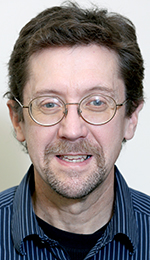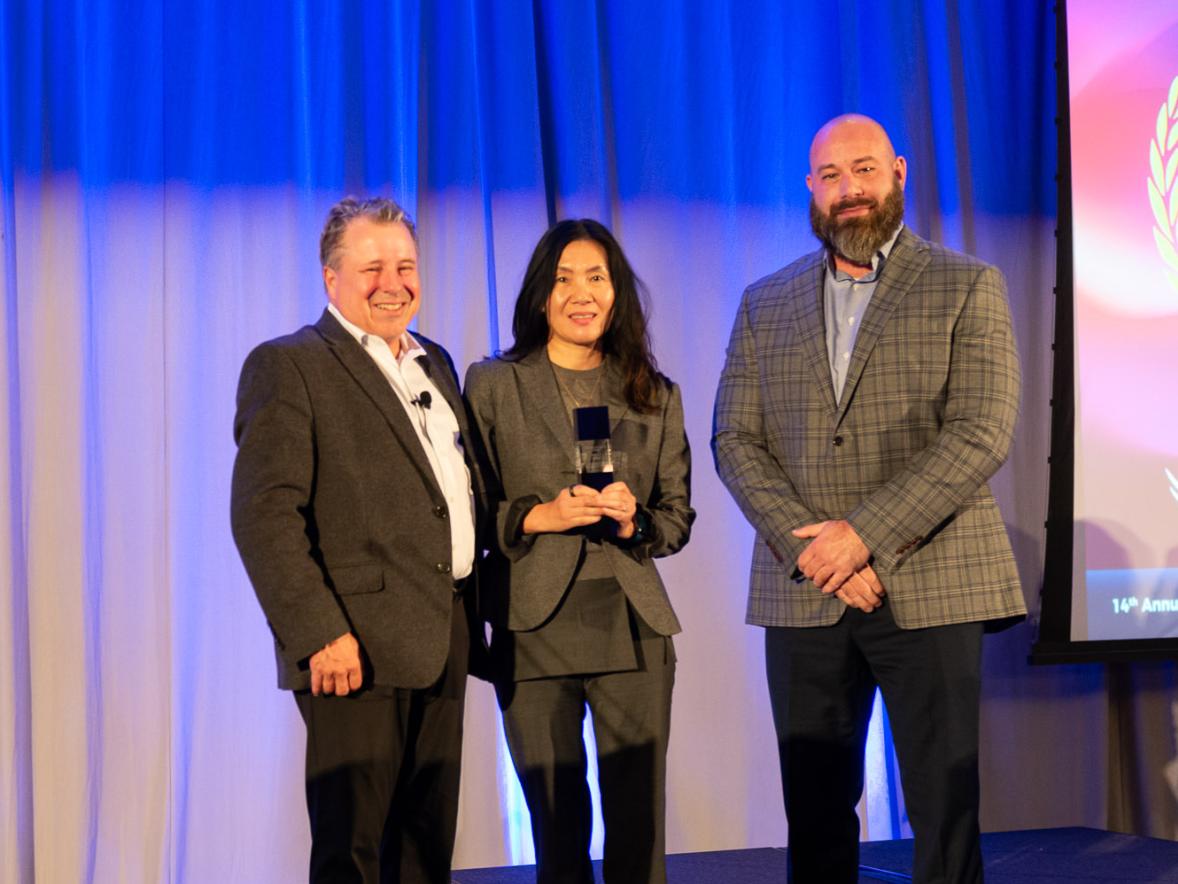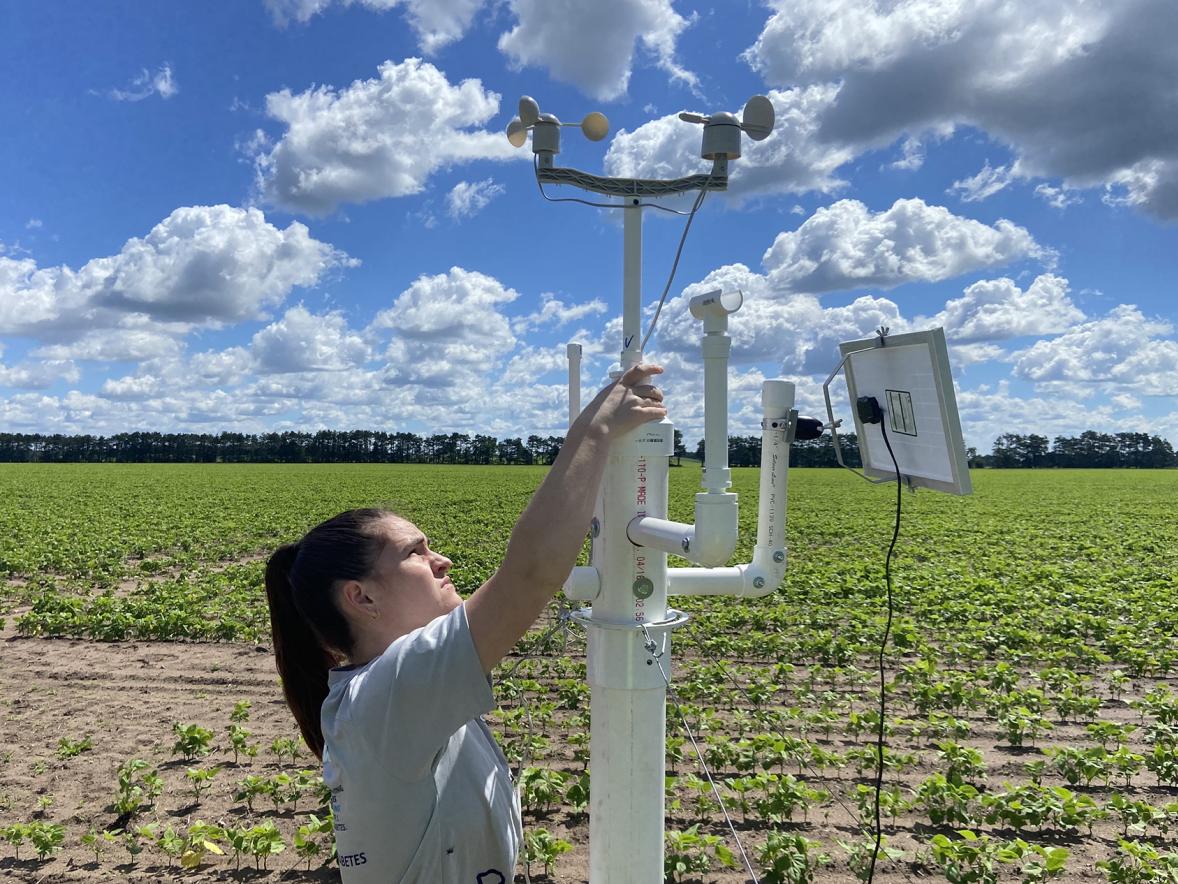The University of Wisconsin-Stout Menard Center for the Study of Institutions and Innovation will host an online conversation about the COVID-19 pandemic impact on civil liberties.
The conversation is planned from 1 to 2 p.m. on Monday, April 27, via Microsoft Teams. To receive a link to attend contact Professor Tim Shiell, the MCSII director. Once registered, participants will receive a document from Shiell to prepare for the discussion. The conversation is open to all with access to Teams.
 “You always have to worry about civil liberties under any conditions,” Shiell said. “Any time there is a national emergency, you have to be especially vigilant.”
“You always have to worry about civil liberties under any conditions,” Shiell said. “Any time there is a national emergency, you have to be especially vigilant.”
In some cases, politicians may take advantage of a national emergency to limit civil liberties, he noted.
For example, the first draft of the COVID-19 emergency funding before Congress would have eliminated funding to businesses that employed political lobbyists, Shiell said. “You can’t deny federal funding just because you don’t like political lobbyists,” he noted. “That is a First Amendment issue.”
Another civil liberties issue being debated is religious freedom, the right for churches to assemble and their freedom of expression. Some states are allowing church services and others are not, Shiell said. In Michigan, lawsuits have been filed over freedom of religious expression and freedom to assemble.
There also have been lawsuits about gun stores being deemed nonessential businesses and the impact on people’s rights to bear arms, Shiell said.
In the state of Washington, a lawsuit filed against Fox News accuses the network of “deceptive” coronavirus coverage. The Washington League for Increased Transparency and Ethics filed the lawsuit in King County earlier this month seeking a court order barring the network from "interfering with reasonable and necessary measures to contain the virus by publishing further false and deceptive content."
The suit accused the network of violating the state's Consumer Protection Act by "falsely and deceptively disseminating 'news' via cable news contracts that the coronavirus was a 'hoax' and that it was otherwise not a danger to public health and safety." Attorneys for the news agency have sought dismissal of the suit arguing the First Amendment protects free speech.
With COVID-19, Shiell said there is no time in recent history where there have been such restrictions placed on civil liberties. “My hope is we can have an open conversation about civil liberties with minimal ground rules,” he noted.
Menard Center history, goals
The center was established in 2017 with a donation from the Charles Koch Foundation.
In December, the Menard family, Wisconsin natives and owners of a Midwestern chain of home improvement stores, donated $2.36 million to Stout University Foundation for the center, and it was renamed.
Since its inception, the intent of the center has been “to facilitate civil and rational debate and research in the state and beyond on important civil liberty issues, such as guaranteed in the U.S. Constitution: freedom of religion, speech, press, assembly and petitioning the government, and how these liberties relate to institutions and innovation in government, civic, business, social, scientific and religious settings. The center will provide programming on campus and across the state, including speakers, panels and workshops.”
The center is the hub for a statewide network of more than 20 universities and colleges funding speakers, panels and debates; conferences and symposiums; faculty and student research; student internships; workshops and reading groups, and much more.
In its first two years, the center sponsored more than 50 events and activities at UW-Stout and more than 200 events and activities across the state, reaching more than 10,000 campus and community members.
More information is available at the center website.
UW-Stout is Wisconsin’s Polytechnic University, with a focus on applied learning, collaboration with business and industry, and career outcomes.
###
Photo
Tim Shiell







